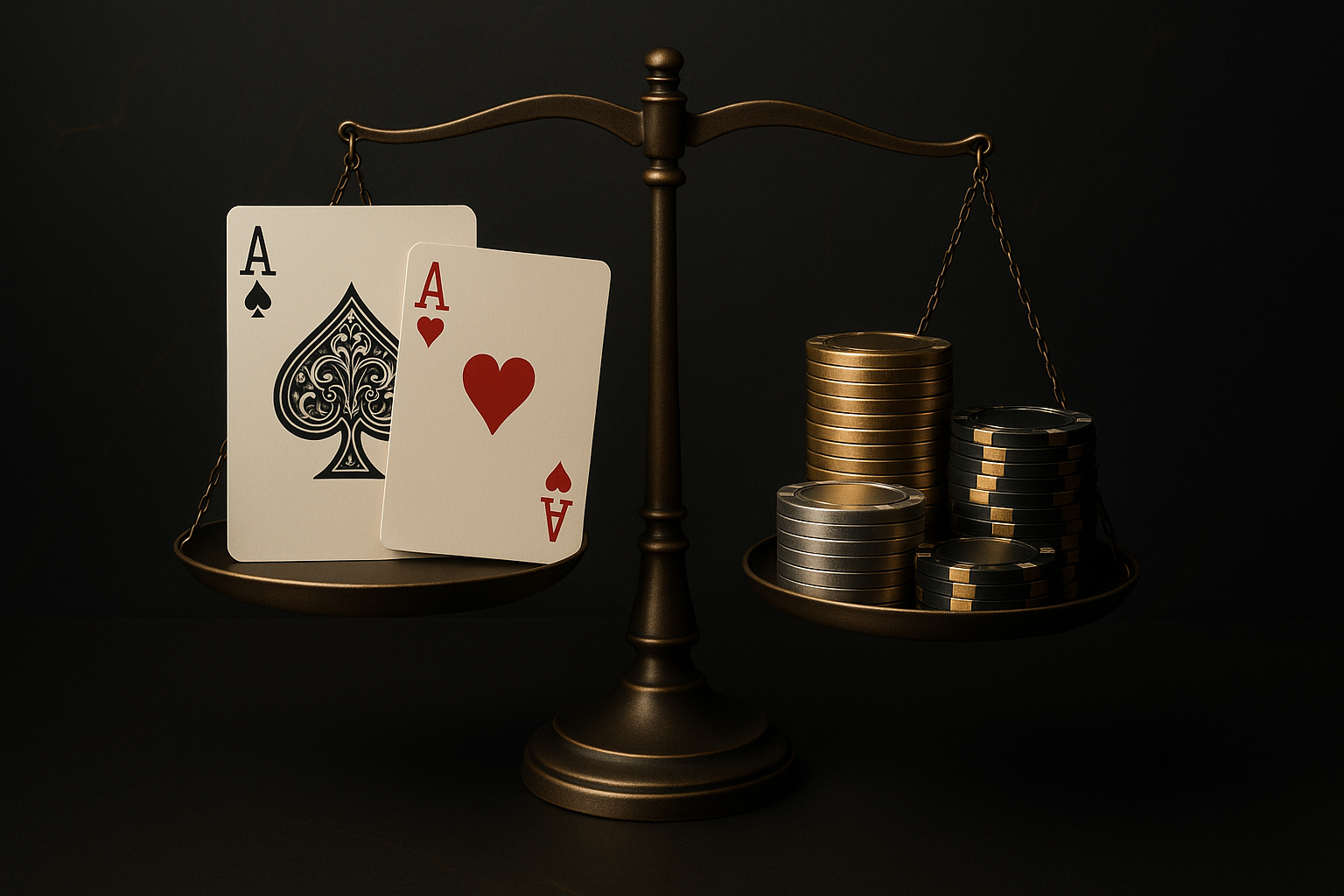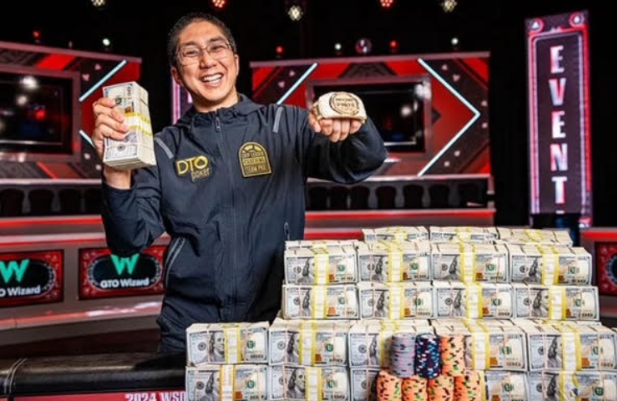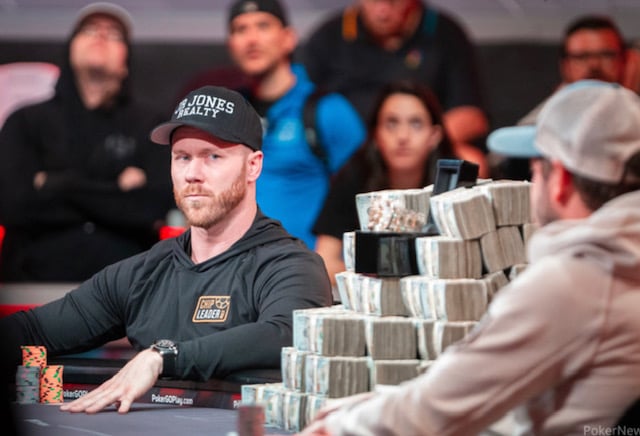
The belief among some poker players that they play better against superior opponents can be attributed to a combination of cognitive biases, misconceptions, and a lack of adaptability.
“The average player might PLAY better theoretically against better players but their edge is significantly smaller”
-Chance Kornuth
Here’s a detailed breakdown of why this myth is common:
Misreading the Dynamics
Players with more experience or skill tend to have a predictable and structured approach, sticking to recognized poker strategies. Playing against such consistency can give a false sense of competence, as one might interpret it as matching the level of a strong opponent.
Less seasoned players can have a volatile style, making moves that a solid player might not anticipate based on conventional poker wisdom. When caught off-guard by these plays, the seasoned player might feel they’re “playing down” to a novice’s level, when in reality, they’re just not properly adjusting their strategy.
This underscores the necessity of flexibility and the ability to exploit your opponents in poker. Recognizing and adjusting strategies based on the opponent’s behavior, rather than adhering rigidly to a singular approach, can be the key to success.
For example, if a fish is raising too wide, the adjustment would be to try to play more pots with him in position and exploiting his weak range and likely poor hand reading skills. Instead, many players get frustrated by unconventional plays and fail to properly adapt.
Confirmation Bias
Players often focus on those standout moments where they made a brilliant play against a reputedly stronger opponent. Such instances, due to their emotional charge, are easily and frequently remembered. On the contrary, occasions where they may have been outplayed or made an error might not be as vivid in memory.
On the other hand, they are quick to remember being outdrawn or taking a bad beat on behalf of a “worse” player. A bad player will consistently be giving out bad beats as they will mainly be getting their chips in with the worst of it. A good player will experience many more bad beats than a bad player because they will consistently be getting their money in with the best of it.
“I’m moving up in stakes where they actually respect my raises!”
-Every bad reg
Attribution Error
When players win a hand or a session, especially against reputedly more skilled opponents, they may be quick to attribute that success to their superior strategy, reads, or decision-making.
Conversely, when things go awry, particularly against perceived weaker opponents, it’s common for players to blame external factors. This could be “bad beats”, sheer luck, or the unpredictable play style of the opponent, rather than admitting to their own mistakes.
When you experience a bad beat from a poor player, the proper response would be to attribute it variance or bad luck rather than the play didn’t work because the player made a poor call/decision – you want them to make bad decisions!









